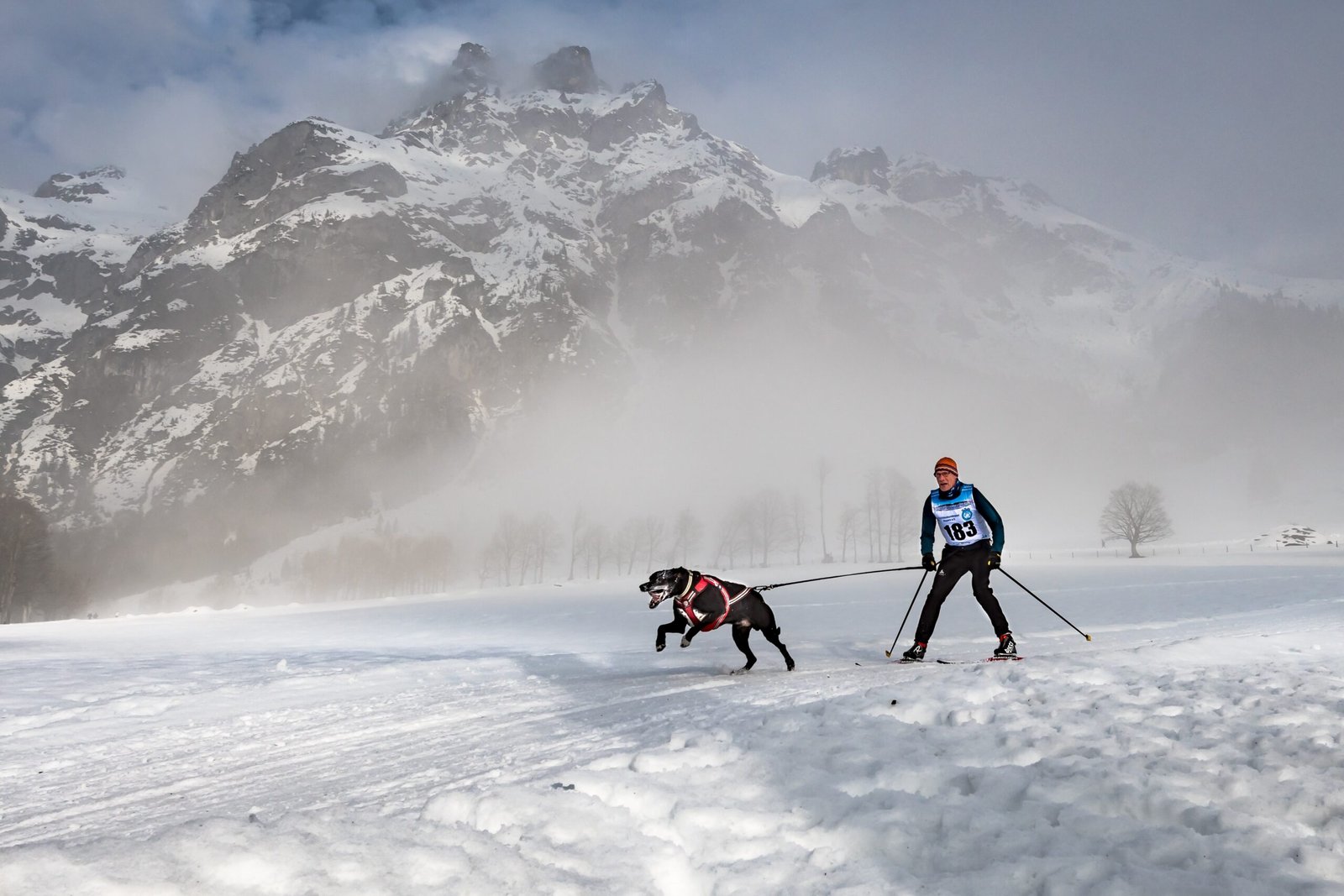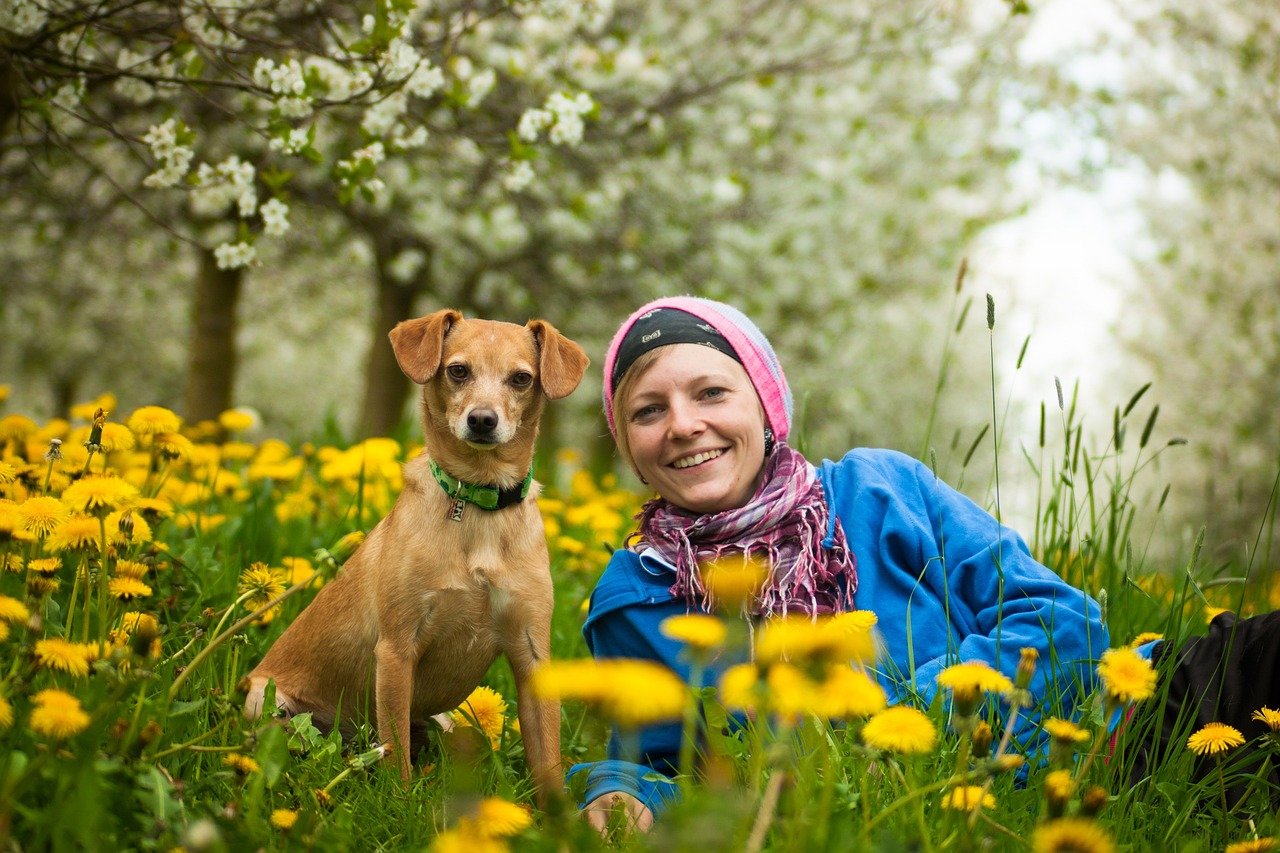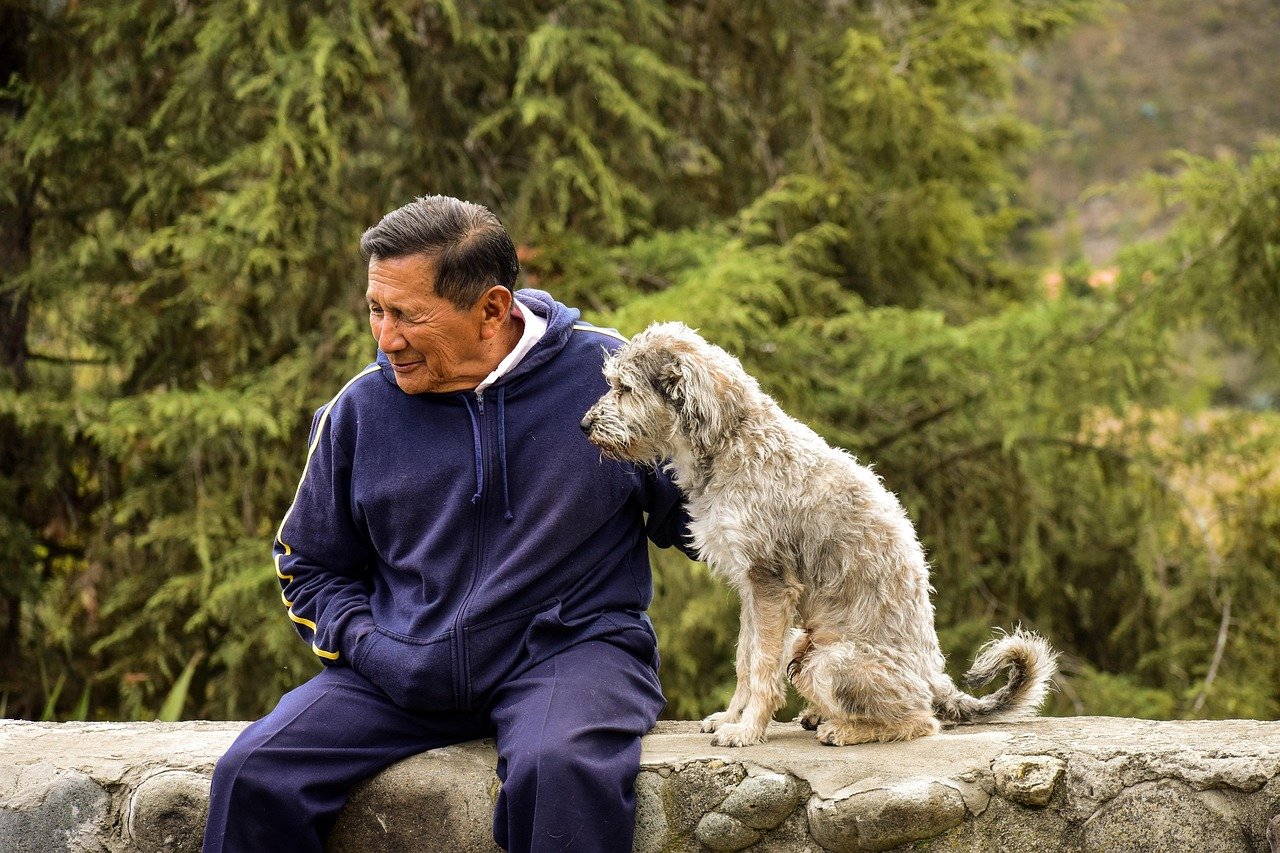Have you ever watched a dog step into retirement and wondered, “How are they so unfazed?” While people might wrestle with questions of purpose and self-worth after leaving a long-held job, most dogs seem to embrace retirement with a level of happiness and grace that can leave us feeling a little envious. There’s something magical about the way a dog can turn the page—whether they’re a retired service dog, herding dog, or just leaving behind the busy pace of agility competition. Their tails wag, their eyes sparkle, and they seem to find new joy in old routines. So, what’s their secret? Let’s dig into the world of canine retirement and discover why dogs seem to handle this big life change far better—and faster—than their two-legged friends.
The Joy of Living in the Moment
Dogs have a superpower: they live almost entirely in the present. Unlike humans, who often dwell on the past or worry about the future, dogs are experts at soaking up whatever is happening right now. When a dog retires, they aren’t reflecting on lost status or missed opportunities. Instead, they’re sniffing the grass, chasing a butterfly, or napping in the sun. This gift of presence means they’re not weighed down by the emotional baggage that often comes with retirement. For a dog, the best moment is always the next one, and that makes adapting to a slower pace not only easy but downright delightful.
Letting Go of Identity with Grace
Retirement can leave people feeling adrift, as though they’ve lost a piece of who they are. Dogs, on the other hand, don’t tie their sense of self to their job. A retired police dog doesn’t pine for the badge; a former therapy dog doesn’t yearn for hospital visits. Instead, their identity is wrapped up in the love and companionship they share with their humans. As long as there’s a lap to curl up on or a friendly face to greet, dogs feel secure. Watching a dog transition from working life to retirement is a reminder that who we are is not just what we do.
Finding New Purpose in Simple Pleasures

When the busy days are over, dogs don’t sit around bored. They find new purpose in everyday pleasures. A walk around the block becomes an adventure, and a squeaky toy can bring as much satisfaction as a hard day’s work. Dogs remind us that purpose doesn’t have to be grand. It can be as simple as a belly rub or a sunny spot by the window. Their ability to find joy in little things helps them pivot to a new routine without missing a beat. Maybe there’s a lesson in that for us, too.
Embracing Routine and Comfort
Dogs are creatures of habit, and retirement means they get to settle into comforting routines. Breakfast, nap, walk, repeat—it’s a rhythm that brings them peace. Even if they’re no longer performing complex tasks or chasing after sheep, the predictability of daily life is soothing. For many retired working dogs, just being part of the family, enjoying mealtimes and leisurely strolls, is more than enough. The stability of a familiar schedule helps them feel safe and content, making the transition to retirement smooth and stress-free.
Staying Social and Connected
One of the toughest parts of retirement for people is the potential for social isolation. Dogs, however, remain deeply connected to their pack—their human family. Even if they’re not out in the field or at the workplace, they stay involved in family life. Whether it’s greeting guests at the door or joining in family movie night, dogs continue to play a central role. This ongoing social engagement keeps them happy and mentally stimulated, making them less likely to feel the loneliness that can trouble retired humans.
Adapting to Physical Changes Without Complaint
Aging brings physical changes for everyone, dogs included. But while humans might mourn the loss of strength or agility, dogs seem to take it all in stride. They don’t compare themselves to their younger selves, nor do they dwell on what they can’t do anymore. If a dog can’t run as fast or jump as high, they’ll still wag their tail and find joy in what they can do. This acceptance allows them to adapt to retirement with little fuss, focusing on comfort and enjoyment rather than loss.
Leaning on Human Companionship for Support

A dog’s bond with their human is everything. When work ends, that relationship becomes an even bigger source of comfort and joy. Retired dogs often become closer to their people, following them from room to room and soaking up every moment together. This strong attachment provides emotional security and keeps retired dogs feeling loved and wanted. It’s almost as if they know that their most important job—being a companion—is never really over.
Learning New Tricks, Even in Retirement

There’s a saying that you can’t teach an old dog new tricks, but anyone who’s had a senior pup knows that’s not true. Retirement often opens up time for new hobbies and games. Many retired working dogs learn fun new skills, from puzzle toys to scent games. This mental stimulation keeps their minds sharp and spirits high. Dogs love the challenge of learning something new, and it gives them a fresh sense of achievement, even after their working days are behind them.





